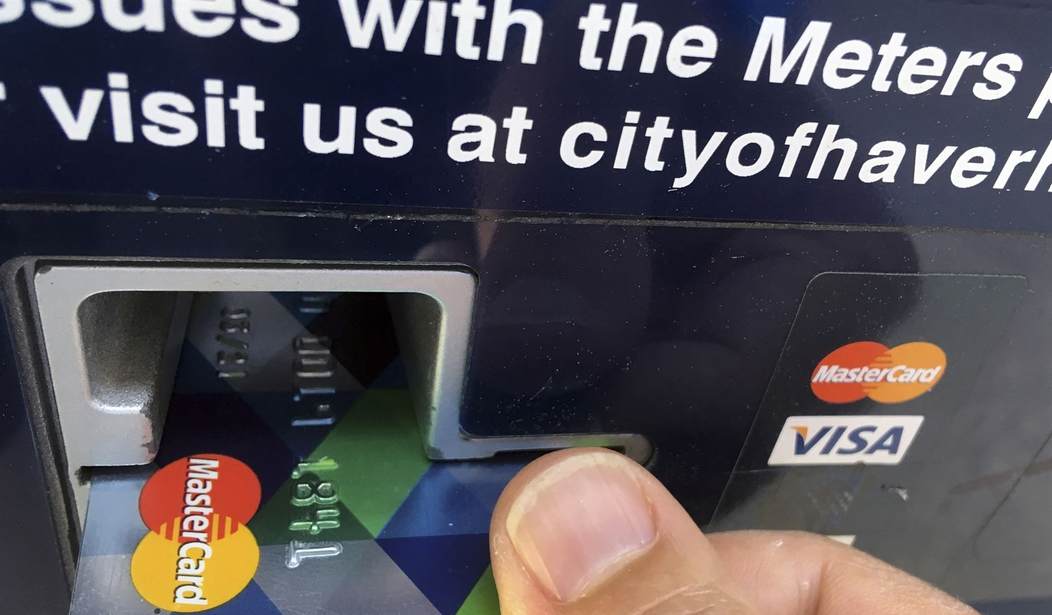In the wake of recent mass shootings in Las Vegas, Florida and elsewhere disturbing news reports have emerged that some banks and credit card companies are exploring ways to enact gun control from the private sector by developing ways to flag, and possibly restrict, gun purchases. By “coding” purchases made, as these companies already do for restaurants and department stores, the credit card companies would be able to see when and where a customer purchased a firearm. This is a slippery slope to discrimination and violates people’s Second Amendment rights as well as their privacy.
Under pressure from the anti-gun lobby, top corporate executives at these institutions are grasping at straws for a way to curb gun ownership in America, a misguided attempt they think will prevent the kind of violence that our country has seen too often recently. But going after people who are legally purchasing guns from legitimate dealers are not the problem. The vast majority of legal gun owners are law-abiding citizens, who are willingly submitting to background checks and other legal hurdles put in place by their states. If someone wants to lawfully acquire a firearm, a financial institution has no right to monitor or stop that purchase. A credit card company or bank has no way of knowing why someone is purchasing a firearm, and it is not up to them to discern whether or not that person is making an appropriate purchase.
Liberal activism has turned corporate. Certain companies have ceased partnerships with the NRA, or pulled firearms from their shelves and factories. While it is their right to do so, this is not the way to stop violent attacks in our country.
However, the private sector is not the legislative branch. Public policy is best left to elected officials, who are representatives accountable to their constituents. Unelected corporate executives should not carry out their own liberal, legislative agenda using their power. They call it “corporate responsibility”, but in reality, it is very irresponsible and damaging to our freedom.
Recommended
If any such policy is adopted by these financial institutions, it will almost certainly be challenged in court, as many would rightfully see this as unfairly targeting gun owners for discrimination. There are no national gun registries for a reason, because owning a gun is a legal, constitutional right we have in this country. Any such registry or database would also be a violation of privacy. Our Constitution and laws protect us from all forms of discrimination, including whether or not we choose to exercise our Second Amendment right.
In the past, we have condemned as a nation these discriminatory practices – will we not condemn this kind of discrimination now in 2018? If corporations are sanctioned to take this step, it lays the framework for a corporate nanny state.
In a free market, companies can choose who they do business with and what direction they want to go in, as long as it is within the scope of the law. But corporate executives do not have a mandate from the people in the same way our elected officials do. Singling out customers making a legal purchase sets a dangerous precedent for our Constitutional rights to be violated, and politicizes a simple commercial transaction that means everything to our democracy.

























Join the conversation as a VIP Member